10 GPTs for Evidence-Based Medicine Powered by AI for Free of 2026
AI GPTs for Evidence-Based Medicine are advanced artificial intelligence models, specifically Generative Pre-trained Transformers, designed to understand, generate, and analyze medical literature and data. By leveraging vast amounts of medical texts, research papers, and clinical trial data, these tools are uniquely equipped to provide evidence-based insights, support clinical decision-making, and enhance research in the medical field. Their relevance lies in their ability to distill complex medical information into actionable knowledge, making them crucial for the development of personalized medicine, public health policies, and healthcare strategies.
Top 10 GPTs for Evidence-Based Medicine are: Clinical Skills Mentor,Your Favorite Attending,PECO Medical Paper Summarizer,Internal medicine mentor,Clinical Question Refiner,Medi Assist,ORBITA-2 trial,MediReview Assistant,GRADE evaluator,Kitty Care ICU Guide ( Pediatric ICU)
Clinical Skills Mentor
Enhancing Clinical Acumen with AI Insight
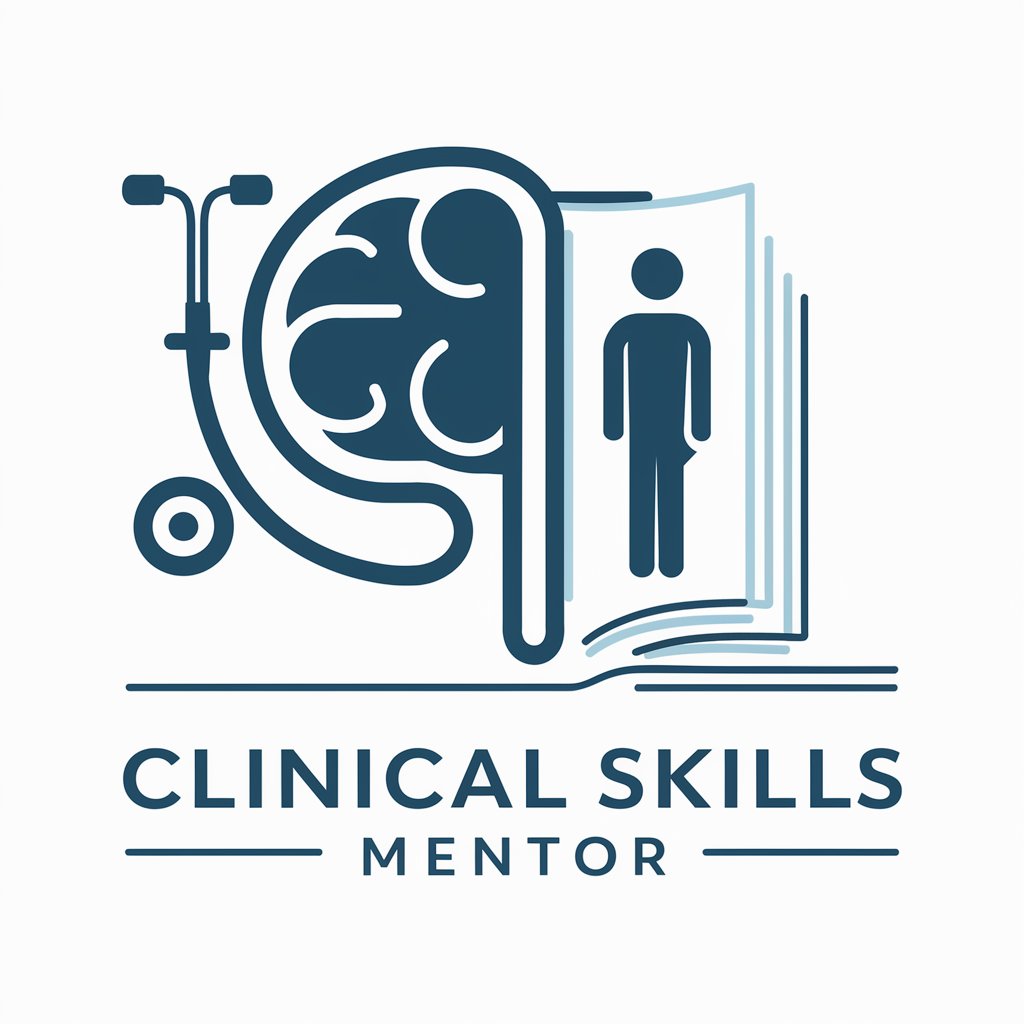
Your Favorite Attending
Empowering Clinical Decisions with AI

PECO Medical Paper Summarizer
AI-driven Clinical Research Summaries
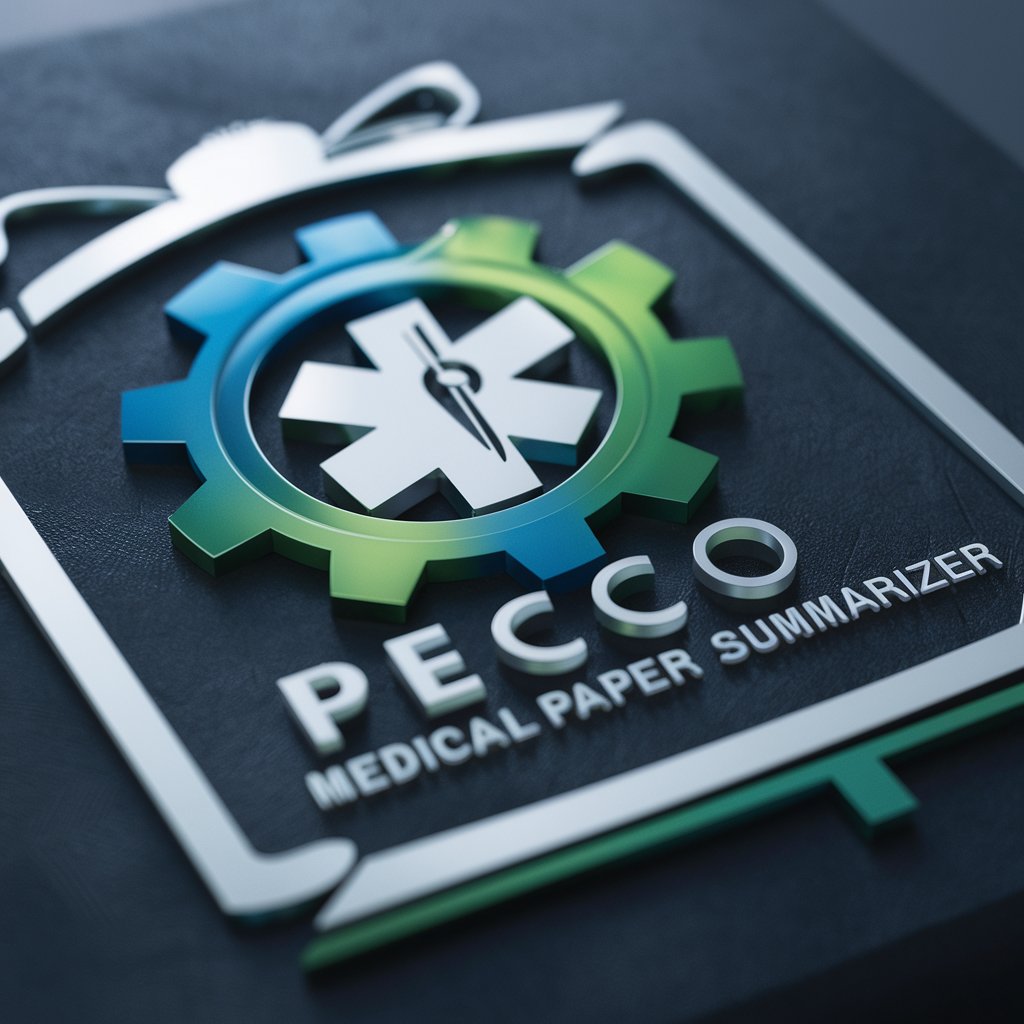
Internal medicine mentor
Elevate Medical Knowledge with AI

Clinical Question Refiner
Refine Questions with AI, Enhance Research
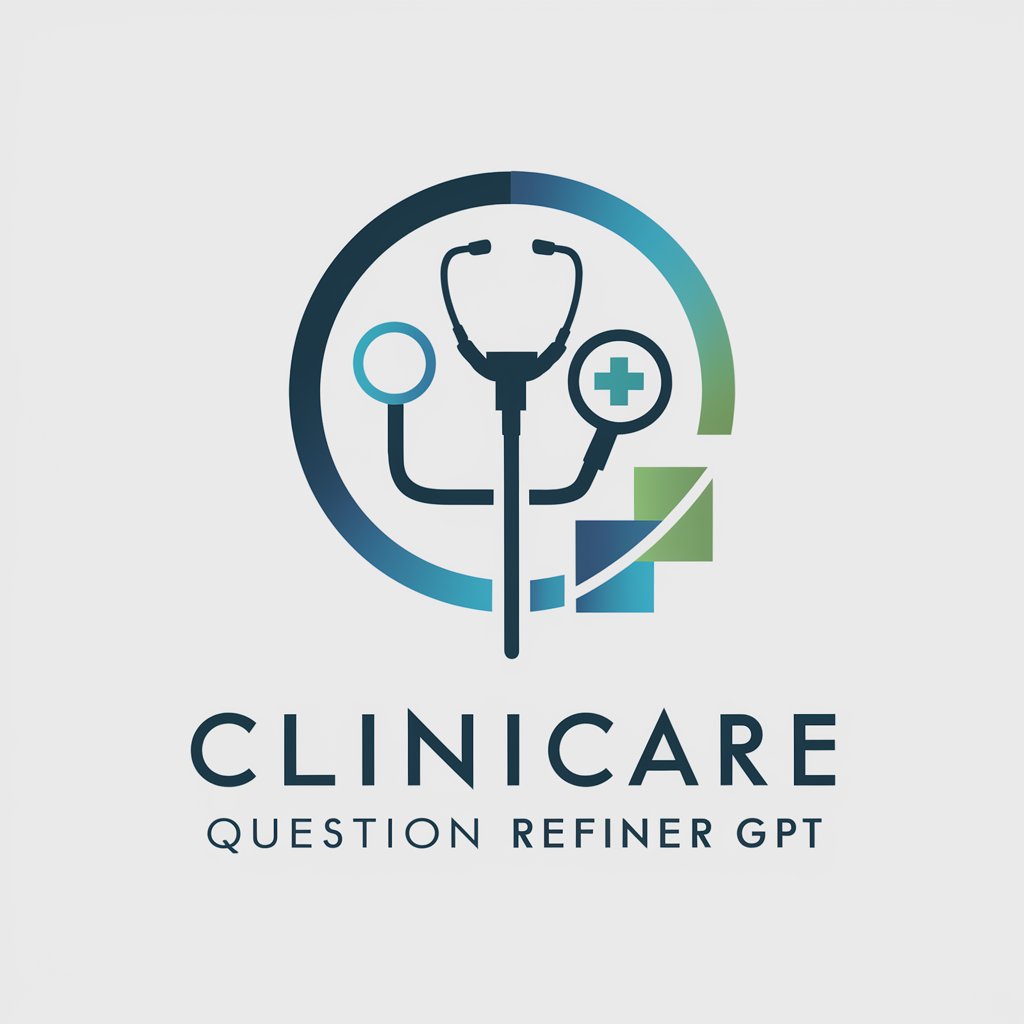
Medi Assist
Empowering healthcare decisions with AI-driven insights.
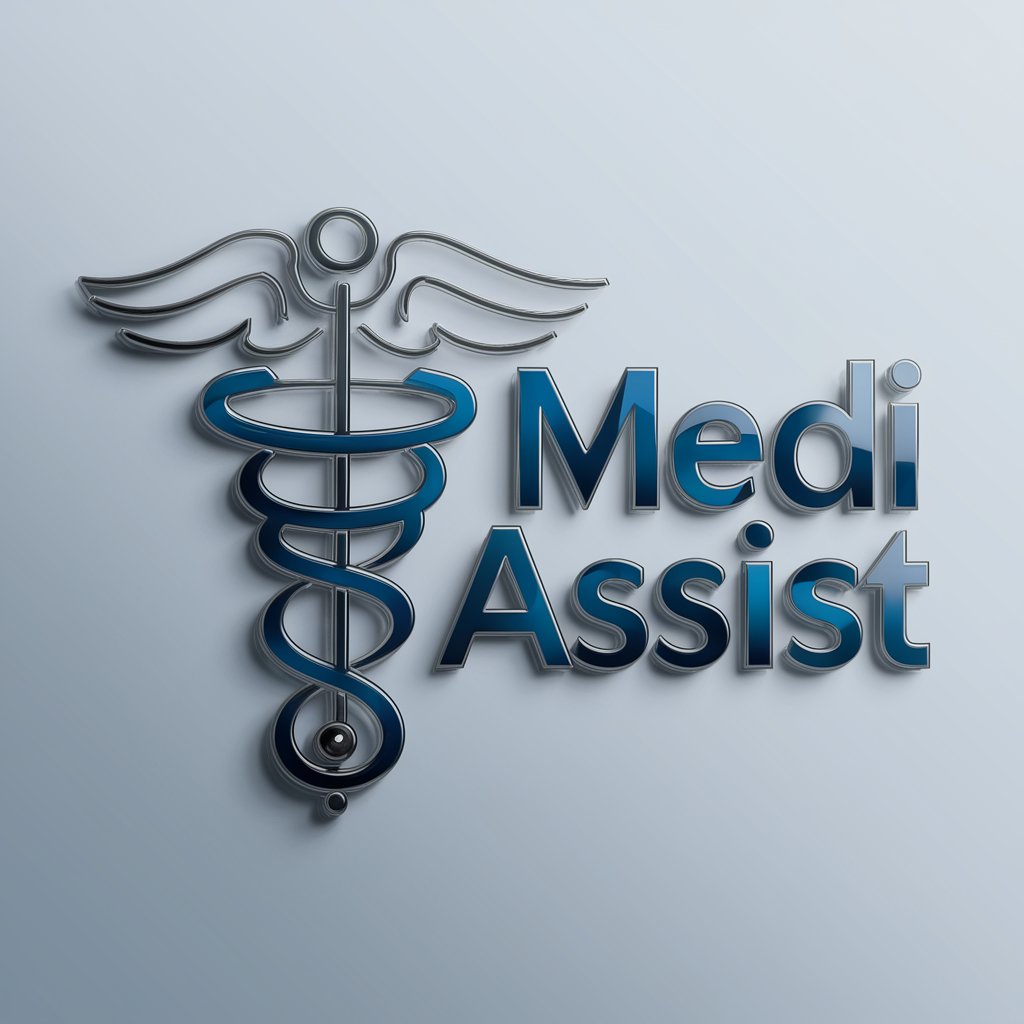
ORBITA-2 trial
Deciphering PCI Impact with AI

MediReview Assistant
Empowering Research with AI-Powered Reviews
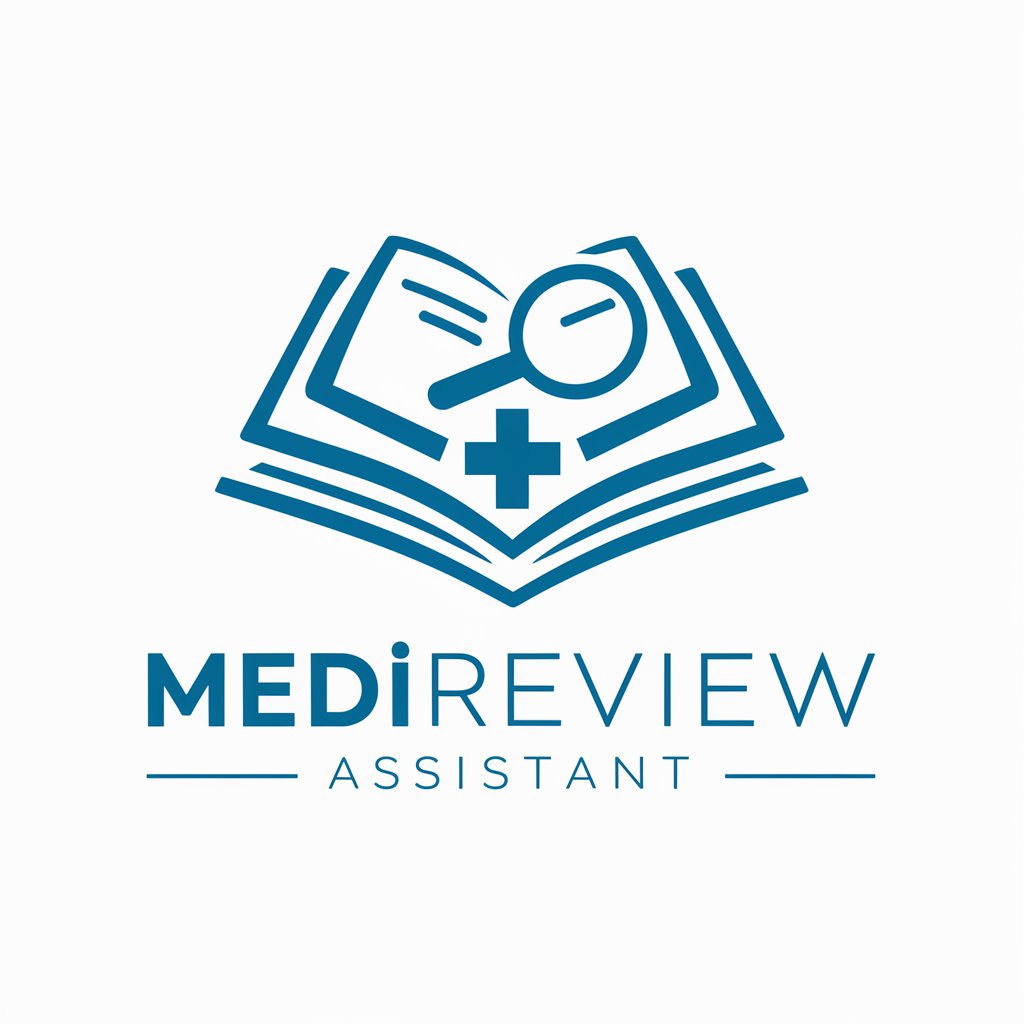
GRADE evaluator
Empowering evidence-based healthcare decisions with AI.

Kitty Care ICU Guide ( Pediatric ICU)
Empowering ICU Decisions with AI
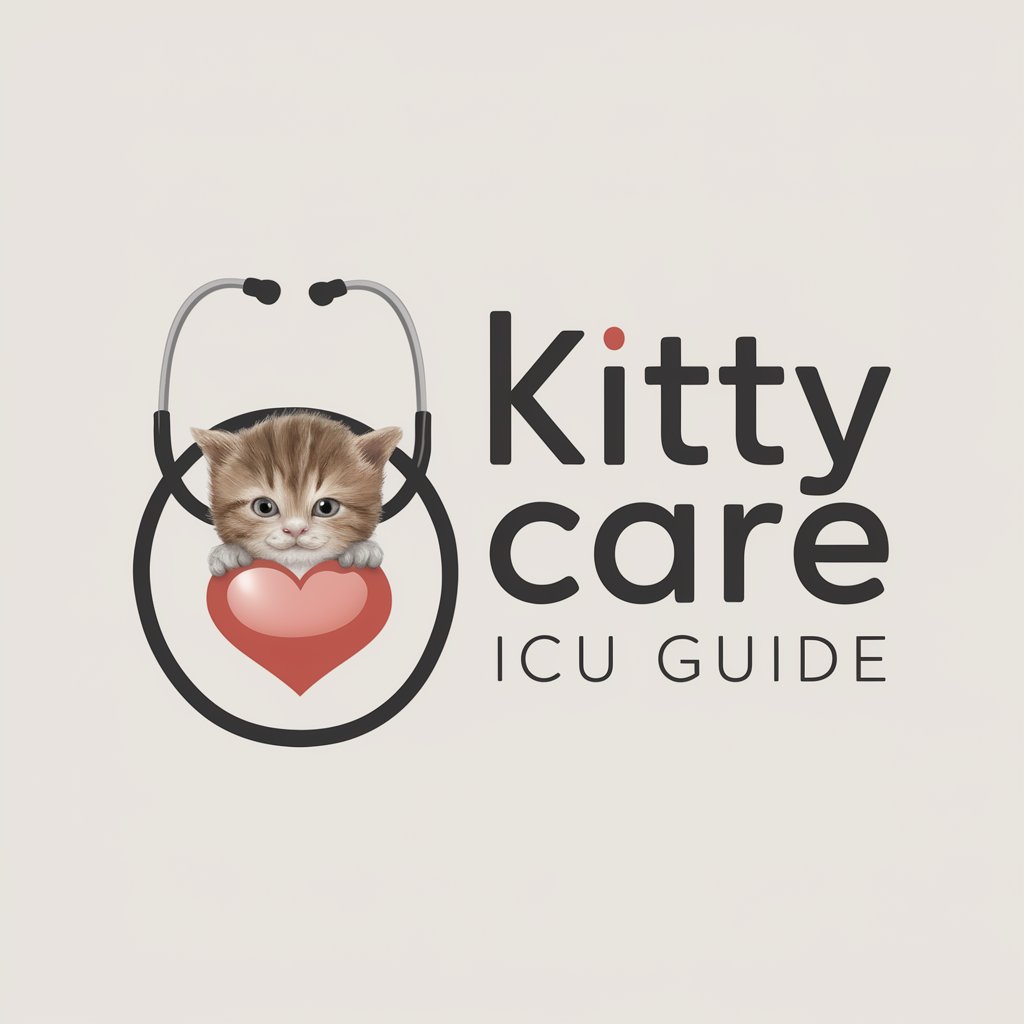
Key Attributes and Functions
AI GPTs for Evidence-Based Medicine boast remarkable adaptability and specialization, allowing for their application across a wide range of tasks from literature review to clinical decision support. These tools feature language understanding capabilities, technical and scientific data analysis, sophisticated web search abilities, and image interpretation, making them invaluable for complex evidence-based medical inquiries. Special features may include the ability to parse and synthesize medical research findings, generate patient education materials, and offer predictive analytics on treatment outcomes, emphasizing their role in enhancing patient care through informed decision-making.
Who Benefits from Evidence-Based AI Tools
AI GPTs tools for Evidence-Based Medicine serve a diverse audience, including medical practitioners, researchers, educators, and healthcare policy-makers. They are particularly beneficial for those seeking to integrate the latest evidence into clinical practice or to advance medical research. Novices can leverage these tools for educational purposes, while developers and professionals in the medical field may utilize advanced features for more complex analyses and integrations, demonstrating the tools' wide accessibility and potential for customization.
Try Our other AI GPTs tools for Free
Inventory Optimization
Discover how AI GPTs revolutionize inventory optimization, offering predictive analytics, real-time insights, and custom solutions for efficient supply chain management.
Module Integration
Discover AI GPTs for Module Integration: Tailored AI solutions designed to simplify software module integration, enhancing development efficiency and innovation.
Procurement Efficiency
Discover how AI GPTs revolutionize procurement, enhancing efficiency and decision-making with tailored, AI-driven solutions for dynamic and strategic procurement operations.
System Enhancement
Discover how AI GPTs for System Enhancement can revolutionize your workflow, offering tailored, efficient, and adaptable AI-driven solutions.
Relationship Healing
Explore AI GPT tools for Relationship Healing, leveraging advanced AI for better communication, empathy, and conflict resolution in personal and professional relationships.
Financial Manifestation
Discover how AI GPTs for Financial Manifestation can transform your financial strategy with advanced analytics, market predictions, and personalized insights.
Further Exploration of AI in Medicine
AI GPTs represent a cutting-edge approach to medical research and practice, offering a user-friendly interface and the potential for seamless integration into existing medical systems and workflows. Their ability to provide tailored, evidence-based solutions across various sectors of healthcare highlights their versatility and the ongoing evolution of AI's role in enhancing the effectiveness and efficiency of medical care.
Frequently Asked Questions
What exactly are AI GPTs for Evidence-Based Medicine?
They are advanced AI models designed to process and generate medical knowledge from extensive data, aiding in research, clinical decision-making, and education within the medical field.
How do these tools improve clinical decision-making?
By analyzing vast amounts of medical literature and data to provide evidence-based insights and recommendations, thus supporting healthcare professionals in making informed decisions.
Can non-experts use these AI tools effectively?
Yes, these tools are designed with user-friendly interfaces that allow novices to access and utilize evidence-based medical information easily.
Are there customization options available for developers?
Absolutely, developers can harness these tools' APIs and coding capabilities to tailor applications and analyses to specific research or clinical needs.
How do these tools handle new and emerging medical data?
AI GPTs are continuously trained on the latest medical literature and data, ensuring they provide up-to-date information and insights.
Can AI GPTs predict medical trends or outbreaks?
Yes, by analyzing patterns in the data, these tools can forecast health trends and potential outbreaks, supporting public health surveillance and response.
How do they contribute to personalized medicine?
By analyzing patient data and existing research, AI GPTs can help tailor treatment plans to individual patient profiles, enhancing the efficacy of personalized medicine approaches.
Are these tools secure and compliant with medical data privacy regulations?
Developers of AI GPTs prioritize security and compliance with health data privacy laws, such as HIPAA in the United States, to protect sensitive patient information.